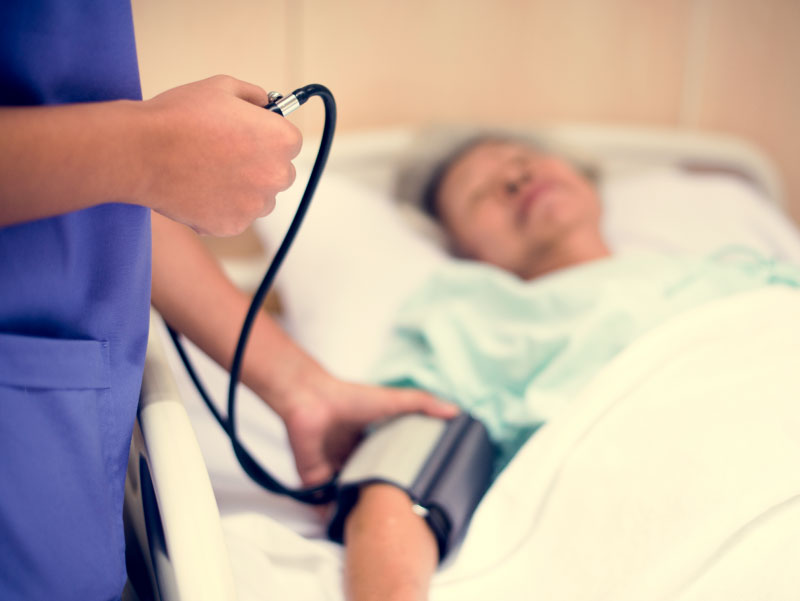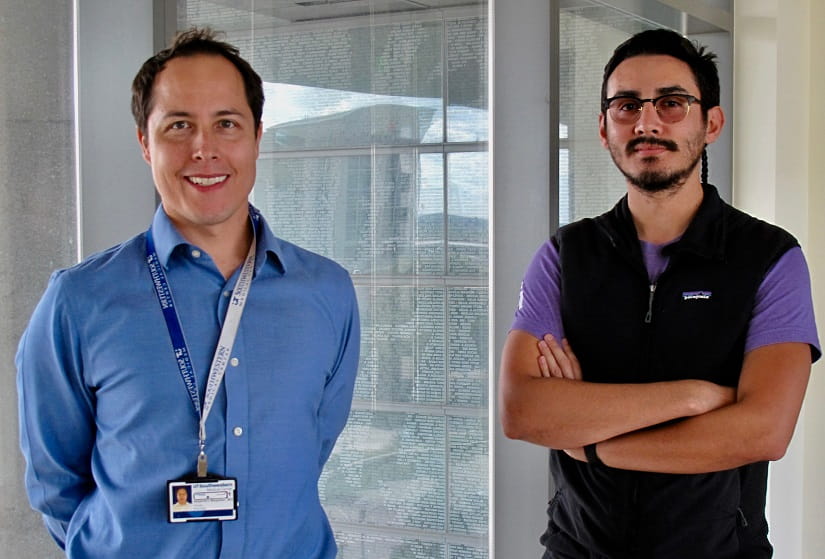Interpreters are essential part of care for stroke patients struggling to understand
By American Heart Association News

Before he stood in rooms at Parkland Memorial Hospital in Dallas interpreting between Spanish-speaking patients and English-speaking health care providers, Cruz Ramirez did so informally as a child.
When his parents and grandparents couldn't understand a diagnosis or information being delivered by doctors, young Ramirez was the messenger. Today, in his role as a professional medical interpreter, he can pinpoint the mistakes he made as a kid in conveying medical details to his family.
"At the beginning, I wasn't very fluent (in English)," said Ramirez. "So a lot of things I didn't understand."
He uses that experience to help doctors, nurses and other providers communicate with patients. He also encourages patients to request the help of an interpreter if they need or want one.
Having information in their native language is especially critical for people having a stroke, the fifth-leading cause of death among Americans and a main cause of disability among adults. Getting treatment soon after symptoms begin may mean the difference between being able to walk, talk and write afterward — and not.
But for patients who don't speak English well, a good recovery may depend on more than seeing a doctor quickly.
Dr. Alejandro Magadán is an acute stroke specialist at UT Southwestern Medical Center and Parkland Memorial Hospital. The vascular neurologist said stroke patients who've needed an interpreter but aren't provided one don't understand their health condition and don't take the medications prescribed to stave off another stroke.
Generally, Magadán said, those patients have a poor quality of life because "they're going to keep coming back with more problems."
Providers who don't offer a professional medical interpreter to patients who need one may deprive them of quality care, he said.

Research appears to support that view.
A 2017 study found that among acute stroke patients who preferred to speak to clinicians in another language, only 57 percent received the services of an interpreter, and those who weren't provided with an interpreter were less likely to receive quality care. A review of research going back at least 20 years found that professional medical interpreters help avoid misunderstandings between patients and their doctors, and leave patients more satisfied with their care.
An estimated 23.6 million American adults have limited English-language proficiency, according to the U.S. Census Bureau. For them, federal regulations require hospitals, clinics, nursing homes and other medical service providers that receive federal funding to make reasonable efforts to help people with limited English skills have health care information in their native language.
Yet those rules aren't always followed.
At Massachusetts General Hospital in Boston, neurologist Dr. Nicte I. Mejia said some colleagues hesitate to request professional medical interpreters because they worry the process will slow down their busy schedules. But Mejia tells her staff that interpreters are assets because they help relay accurate information and prevent mistakes, such as a patient not understanding how to take a medication.
Medical interpreters, she said, are well-versed in medical terminology and ethical practice standards, and can communicate cultural nuances that doctors or patients may easily miss. There are also legal and privacy issues to consider, she said.
"At the end of the day, involving professional medical interpreters will help patients get safer, faster, better care," said Mejia, senior author of the 2017 study.
But Ramirez said there's something else professional medical interpreters provide: comfort.
"Just going to the doctor is scary enough for anybody," he said.
If you have questions or comments about this story, please email [email protected].





